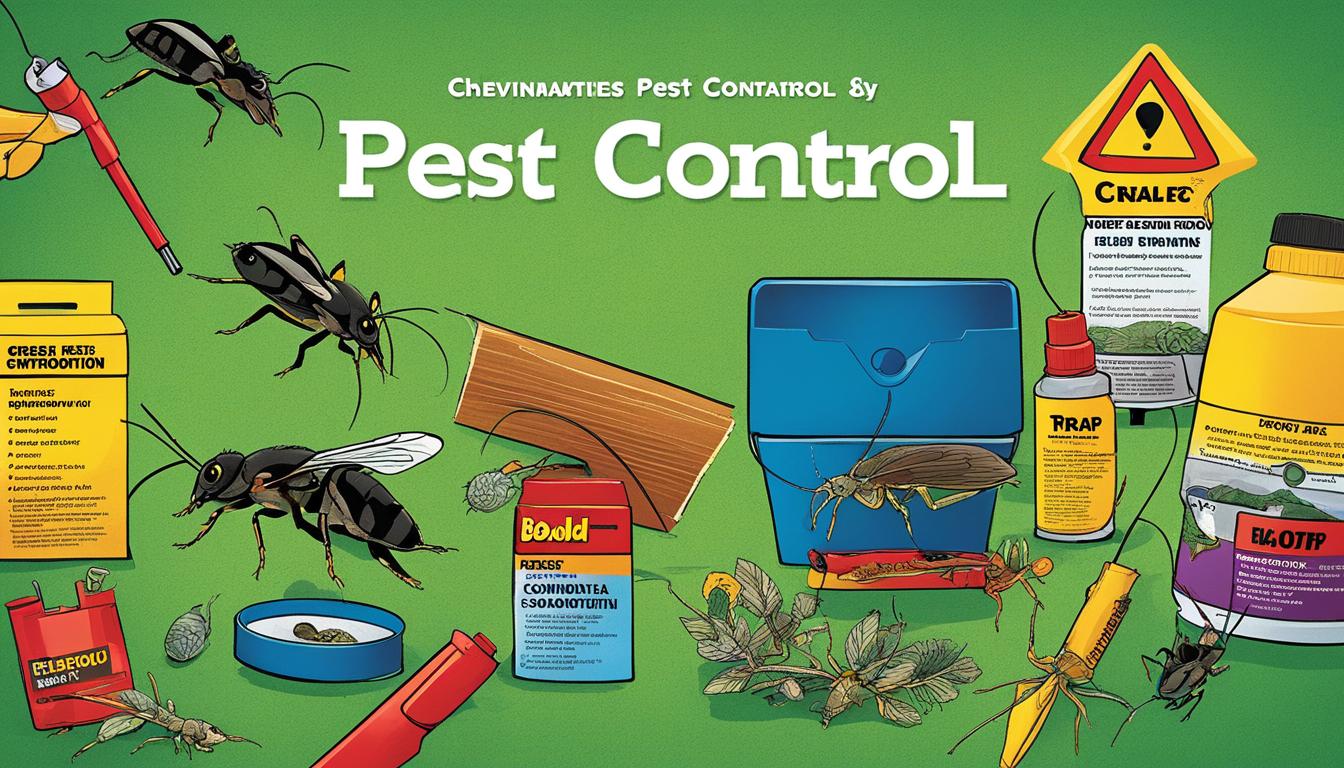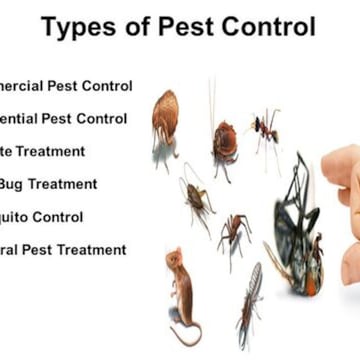Examine This Report on Pest Control
Examine This Report on Pest Control
Blog Article
Pest Control - Questions
Table of ContentsUnknown Facts About Pest ControlThe Facts About Pest Control RevealedSome Known Details About Pest Control Indicators on Pest Control You Need To KnowFacts About Pest Control Uncovered
Limitations of Chemical Management Be able to assess pest problems, determine if management is needed, and make suitable referrals utilizing IPM strategies. Be familiar with various techniques of pest monitoring - their benefits and constraints.This phase discusses (IPM), a technique that makes use of knowledge concerning insects and their, techniques, nonchemical techniques, and chemicals to manage pest issues. Extra information regarding IPM for details plants is consisted of in phases that concentrate on those plants. Pests in a garden or landscape might include bugs and mites, weeds,, mammals, and birds.
Lots of people rush to pull, hoe, or spray every weed they see. Pests and weeds, however, play a duty in the. After growing a yard or establishing a lawn, the natural procedure of plant succession begins to improve and nonnative plants. A weed growing in a yard stands for the very first phase in a sequence of occasions that, if allowed to continue, could eventually lead to a forest.
What we call "insects" belong to a natural system at the office. An ecosystem has no insects. Just human beings consider specific species bugs when they take place where they are not wanted. We will certainly be a lot more effective in managing unwanted varieties when we recognize that these microorganisms comply with foreseeable patterns that we can make use of to our advantage.
5 Simple Techniques For Pest Control
Parasites vulnerable to a chemical were promptly eliminated, leaving resistant ones to breed and increase. It ended up being clear that pesticides alone would not fix all pest problems.
An IPM plan permits some degree of pests in the setting. Parasites are much less most likely to endure a program that uses several approaches of minimizing their populations. Integrated parasite management was initial suggested by entomologists since insects were the very first team of pests to confirm difficult to handle with chemicals alone.
insect and host precisely. and consider economic or aesthetic injury. A limit is the factor at which activity should be taken. a therapy approach using mechanical, cultural, organic, or chemical controls, or a mix of these approaches. success of therapies. IPM has actually expanded beyond bugs to management of all pest populaces: weeds, condition microorganisms, and mammals.
4 Easy Facts About Pest Control Explained
Monitoring as opposed to eradication of bugs is the goal. An IPM strategy begins with a mindful analysis of each pest problem. Just after that blog can one determine about the appropriate tactics needed to suppress insect tasks. The life cycle of the pest, possible damages, natural enemies, have a peek at these guys and results of weather condition, to name a few elements, are considered prior to a control plan is implemented - Pest Control.
Clover expanding in a lawn might be considered as an undesirable weed, but as a bean it is synthesizing nitrogen for the dirt and the flowers are offering nectar to honey and various other. Tolerance for some weeds might be component of an IPM plan. might be consuming the fallen leaves of a plant, however when they are determined as the larvae of Eastern tiger swallowtail butterflies, their damages might be endured so we can take pleasure in the attractive butterfly.

The second most important device in insect administration is early treatment. Responding to problems swiftly, prior to they have time to multiply, requires a less dramatic intervention.
The Best Guide To Pest Control
Many secure, practical, nonchemical approaches of plant security and parasite monitoring may minimize or remove the requirement to spray. Various other approaches are most advantageous when utilized with chemicals. To apply monitoring methods correctly and to reduce losses, garden enthusiasts ought to understand the kinds of insects that strike plants and recognize pest biology.

Conducting a soil test and using just the advised amount of plant food and lime maximizes the advantage to the plant while minimizing troubles associated with extreme use fertilizer - Pest Control. Covering the dirt with numerous inches of mulch secures the plant in numerous ways: minimizing dirt water loss to evaporation, reducing weed competition, supplying nutrients, and producing an appropriate setting for earthworms and microorganisms that maintain the soil loosened for roots and break down organic material to release nutrients
If mulch touches the trunk, it can create a method for voles, microorganisms, and fungi to strike the plant. Do not utilize manure or garden compost that has not completely disintegrated as a leading dressing since it can motivate unfavorable parasites. Research study suggests that tilling the dirt is harmful to dirt structure.
Pest Control for Dummies
If tilling is deemed necessary, take into consideration doing it in the loss when the life cycles of several bugs brings them near the surface area. At the surface area, bugs end up being revealed to the climate as well as birds and other all-natural opponents.
Report this page